Sharing with VTC News, representatives of many businesses said that right after the US announced a 90-day suspension of reciprocal tariffs with other countries from April 9, many businesses immediately made plans to take advantage of this "golden opportunity" to complete export orders to the US.
Mr. Nguyen Van Kich - Chairman of the Board of Directors and General Director of Cafatex Seafood Joint Stock Company (HCMC) - informed that his company had a meeting that day to implement the purchase of raw materials to serve the increased production.
“To quickly complete orders, from that time until now, the factory has always operated at full capacity, in the spirit of "working day and night" to meet signed orders and contracts that were resumed after delivery delays during the time the US announced the imposition of reciprocal tariffs.
We have determined that we will focus on quickly resolving these contracts. If there are new contracts, we will also have to ensure early delivery within the 90-day period. After that, we will continue to wait for the final decisions,” said Mr. Kich.
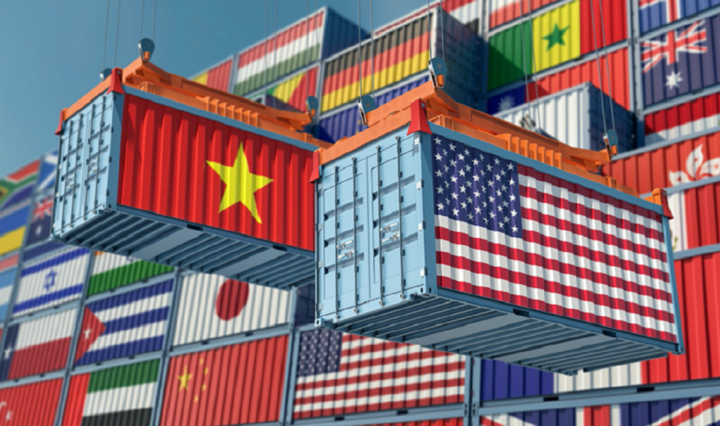
Similarly, during this time, Ms. Le Hang - Deputy General Secretary of the Vietnam Association of Seafood Exporters and Producers - also said that seafood enterprises in particular and the business community in the supply chain in general have plans to increase exports to the US.
However, Ms. Hang recommends that businesses should not forget to consider the option of changing direction and diversifying markets, boosting exports to Europe, Japan, South Korea, through free trade agreements... to reduce heavy dependence on one market.
Chairman of the Board of Directors of Viet Tien Garment Corporation Vu Duc Giang also shared that the 90 days the US temporarily suspended the imposition of reciprocal tariffs is the time for this enterprise to accelerate production progress, complete orders signed in the second quarter and deliver goods to partners.
“However, we are still proactive in building solutions to deal with all situations, focusing on negotiating with customers in the spirit of sharing, in addition to finding export markets as well as new sources of raw materials, optimizing production management...”, Mr. Giang said.
Mr. Giang also emphasized that in 2025, in the face of tariff risks, the Board of Directors of the enterprise still intends to not change its business goals, thereby continuing to promote flexible response, in addition to inaugurating a branch and warehouse center in Hanoi .
“We cannot predict what will happen in the future, but at this time, I think businesses are facing a precious moment of silence. This is not only an opportunity to boost exports but also an opportunity to affirm the self-reliance and self-reliance of the economy .
To seize this opportunity, the prerequisite is not cheap labor but the ability to think strategically, manage risks and upgrade the country's position in the global value chain. Therefore, at this time, we continue to promote signing contracts with traditional partners, while continuing to look for new partners to expand orders from now until the end of June," Mr. Giang emphasized.
Meanwhile, the leader of Thanh Cong Textile Joint Stock Company (HCMC) shared that the US's imposition of a 46% reciprocal tax on imported goods from Vietnam had previously caused many partners to request order cancellations. However, after the US announced a 90-day tax suspension, these requests were withdrawn, reflecting a more positive sentiment from partners.
"Therefore, it is expected that in the next 90 days there will be a phenomenon of "order congestion", when orders originally scheduled for delivery in August are pushed forward to June," said the leader of Thanh Cong textile.
Regarding the impact of US tariffs on the Vietnamese textile and garment industry and Thanh Cong, this person believes that the US will increasingly tighten requirements for traceability of goods and reduce dependence on raw materials originating from China. "We believe that Thanh Cong has an advantage thanks to its closed supply chain - only importing raw cotton (mainly from the US and West Africa), the rest of the production process is carried out by the company.
This helps Thanh Cong avoid risks in traceability of goods and maintain favorable tax conditions. We also expect domestic demand for yarn and fabric to increase, as domestic enterprises tend to switch to using domestic raw materials to meet new regulations from FTAs and export markets,” he said.
According to PHAM DUY (vtcnews.vn)
Source: https://baogialai.com.vn/tan-dung-90-ngay-vang-doanh-nghiep-viet-day-manh-xuat-khau-sang-my-post321506.html


![[Photo] Panorama of the memorial service for former President Tran Duc Luong](https://vphoto.vietnam.vn/thumb/1200x675/vietnam/resource/IMAGE/2025/5/25/d33968481f21434fa9ed0df48b9ecfa9)

![[Photo] Memorial service for former President Tran Duc Luong in Ho Chi Minh City](https://vphoto.vietnam.vn/thumb/1200x675/vietnam/resource/IMAGE/2025/5/25/c3eb4210a5f24b6493780548c00e59a1)
![[Photo] Prime Minister Pham Minh Chinh meets the Vietnamese community in Malaysia](https://vphoto.vietnam.vn/thumb/1200x675/vietnam/resource/IMAGE/2025/5/25/1f11d1256d7745a2a22cc65781f53fdc)
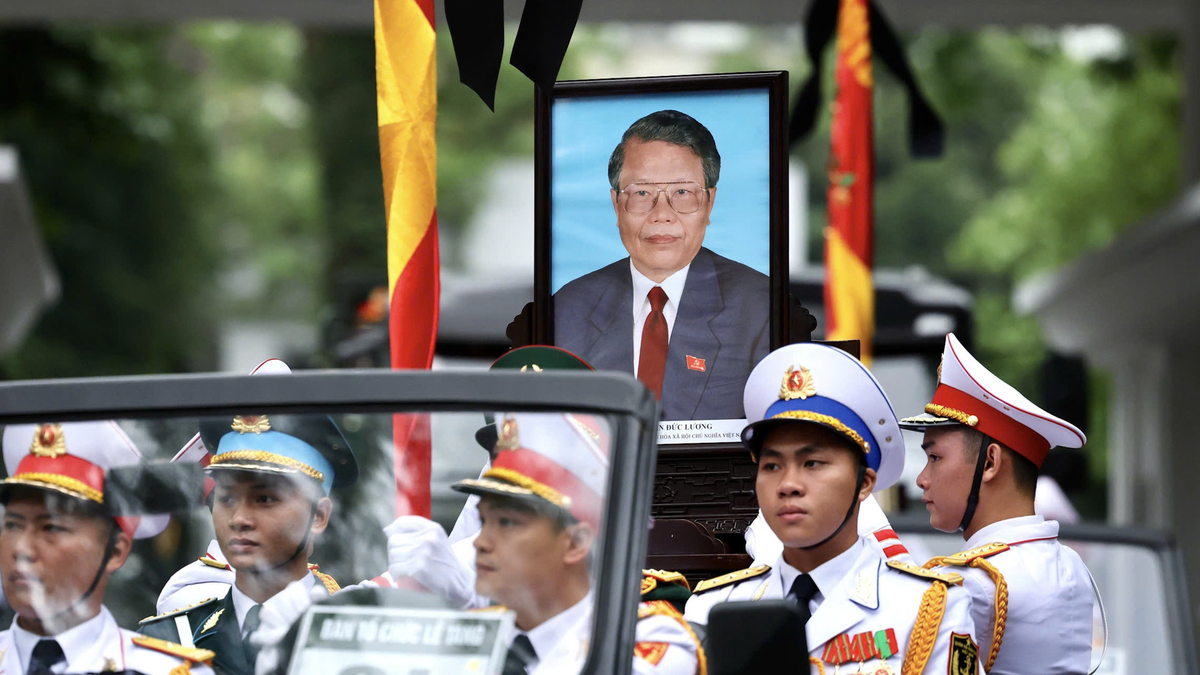
![[Photo] President Luong Cuong receives Lao Vice President Pany Yathotou](https://vphoto.vietnam.vn/thumb/1200x675/vietnam/resource/IMAGE/2025/5/25/958c0c66375f48269e277c8e1e7f1545)


![[Photo series] What is special about Dong Nai's tourism product that just won the 'Southeast Asia Responsible Tourism 2025' award?](https://vphoto.vietnam.vn/thumb/402x226/vietnam/resource/IMAGE/2025/5/25/a33021209f0e4a38bf2733b1262a706f)
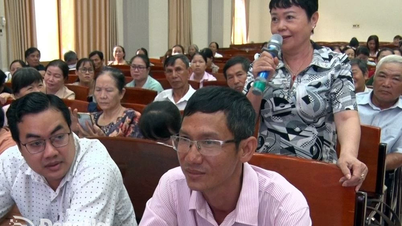




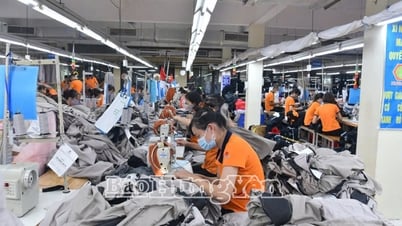





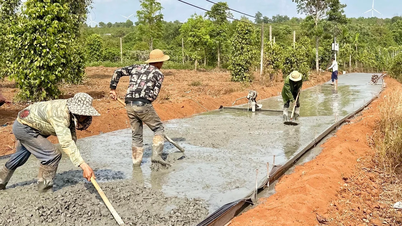


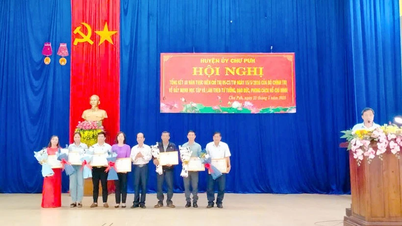






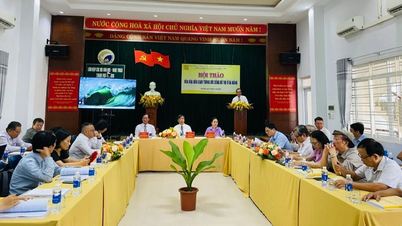

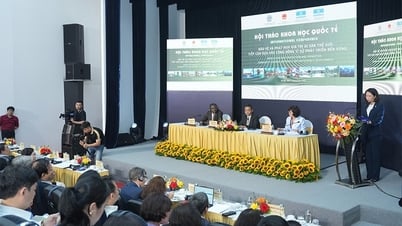



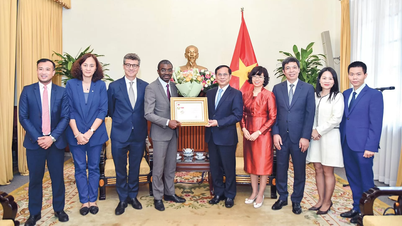









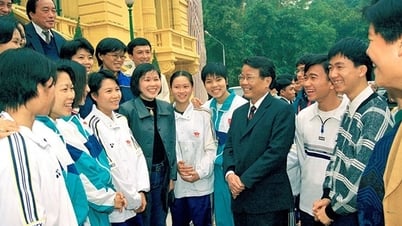
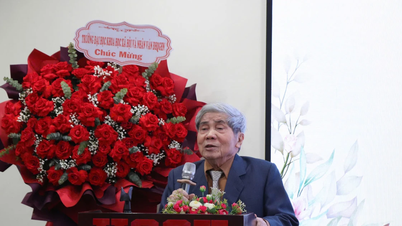













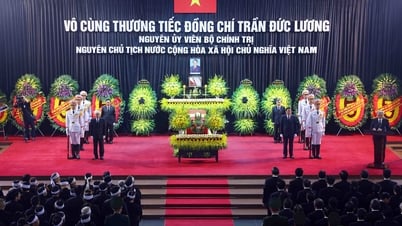
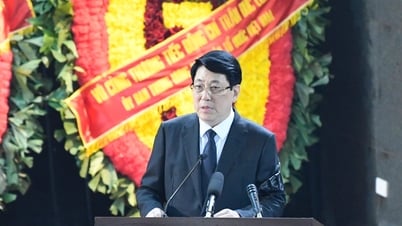














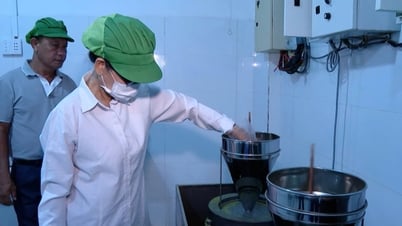





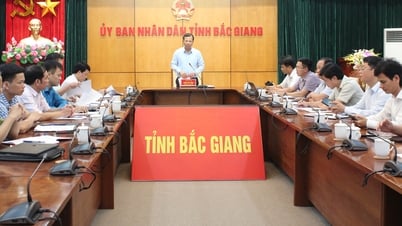



Comment (0)